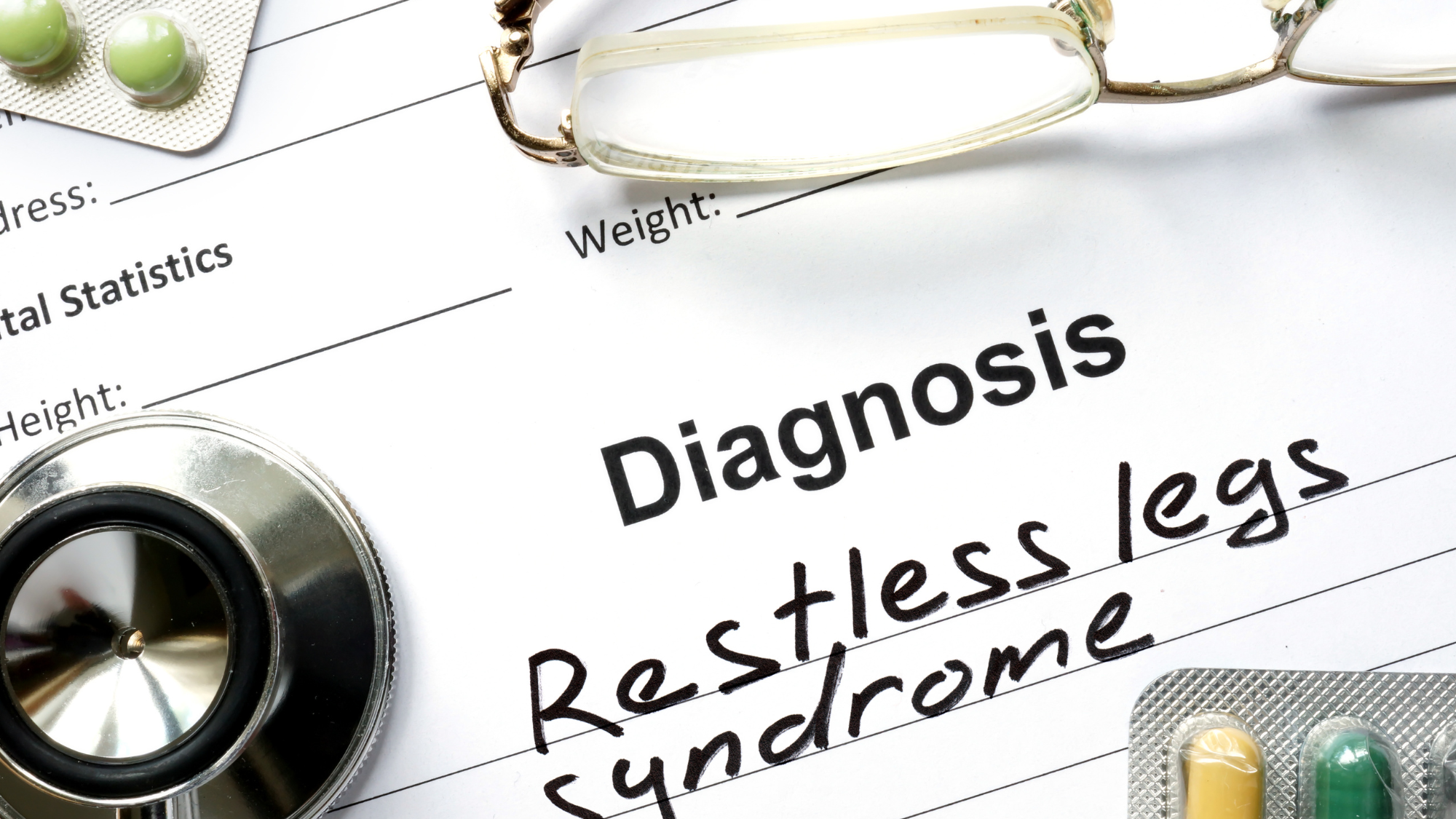
If you've ever suffered from restless legs syndrome (RLS), you know how uncomfortable it can be. The constant urge to move your legs, accompanied by an uneasy feeling, can make it difficult to get a good night's sleep. And since lack of sleep can make RLS worse, it can become a never-ending cycle.
What is restless legs syndrome and what are the symptoms?
Restless legs syndrome (RLS) is a condition that affects the sensorimotor system. If you have this you know that it is a sensation of having an urge to move the legs. It can sometimes be painful and it’s very unpleasant. It can occur only during sleep but can also occur in the evenings when you are sitting still. If you get up and move around it will temporarily relieve the symptoms. About 3% of the population experiences this syndrome and it is particularly bad from moderate to severe in these folks. Because it interferes with sleep, it can also interfere with quality of life.
How is RLS diagnosed?
It’s usually diagnosed based on patients description. Pt will describe it as a “creepy crawly” sensation in the legs or “pins & needles” or an “internal itch”. Some patients will actually have an even worse diagnosis known as PLMS - periodic limb movements of sleep. This is characterized by involuntary and forceful dorsiflexion of the ankle that lasts anywhere from 0.5 - 5 seconds and can occur every 20-40 seconds during sleep. Your provider may ask a few questions about your sleep habits or quality of sleep because most patients won’t even bring up the topic themselves. You may experience sleep disruptions, daytime fatigue or somnolence because of the interruption in the sleep cycle from the jerky limb movements. Some other diagnoses to consider is:
- neuropathy
- leg cramps
- vascular disease
- radiculopathy.
Anemia is a big cause of RLS. Your provider should order these labs to determine if this is the cause:
- complete blood count
- ferritin
- iron
- transferrin saturation
- total iron binding capacity
If you have abnormal findings on a neurological exam then other labs should be ordered including:
- Kidney function - BUN/Creatinine
- fasting blood glucose
- magnesium
- TSH
- vitamin B12
- folate
- You also need to know if you have a defect in your MTHFR gene. If you do then you can’t take regular iron supplementation as your body won’t metabolize it correctly. You would need a methylated form of folate or iron or B12.
- You could undergo an EMG/nerve conduction study if your provider is considering the problem is not just RLS but more of a polyneuropathy or radiculopathy. A sleep study will also help identify the issue.
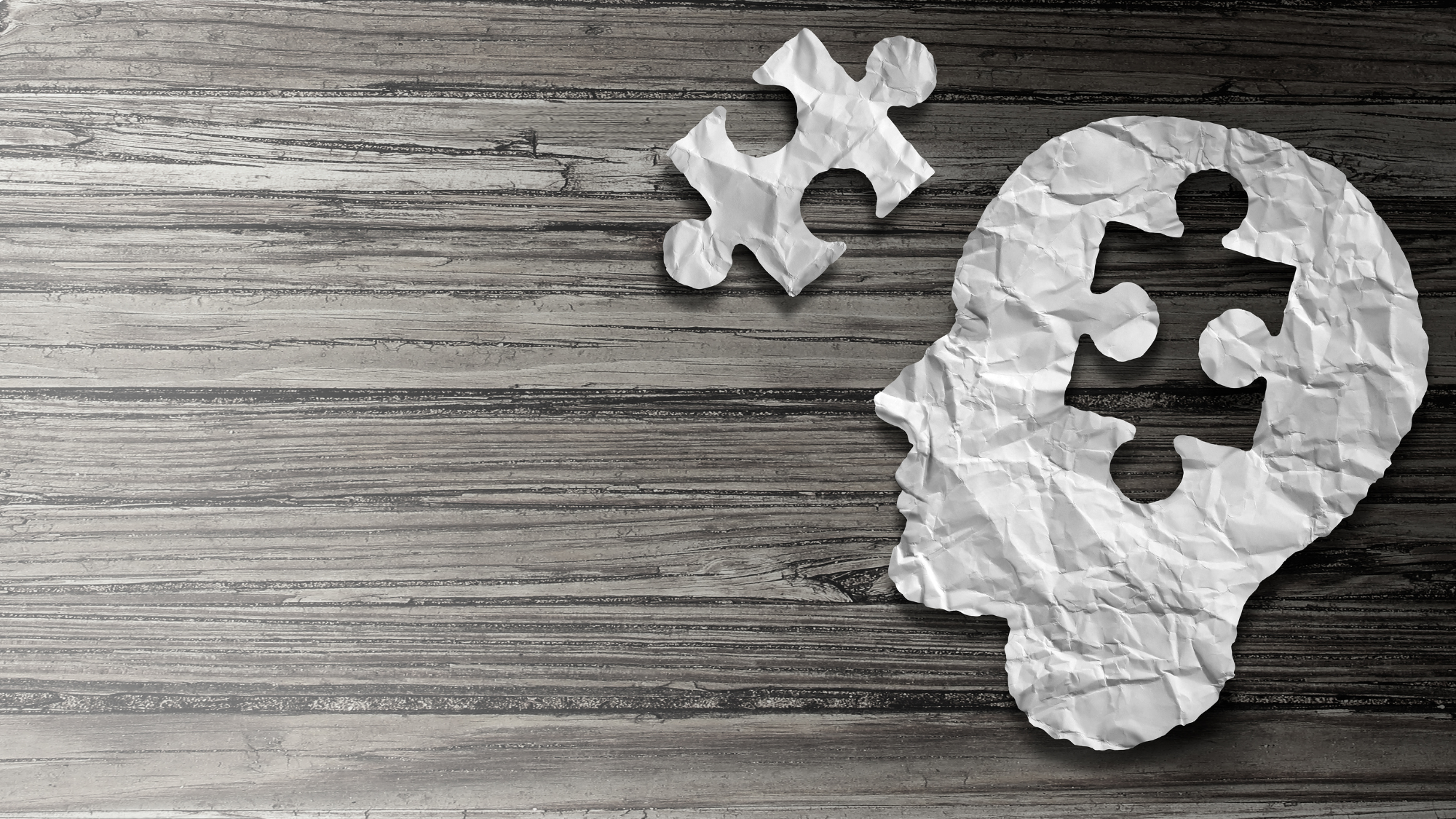
Conventional methods of treating RLS
The most common medications prescribed for this problem which is considered secondary disease are the medications used to also treat Parkinson’s Disease. Medications like levodopa/carbidopa, mirapex, ropinirole, bromocriptine, and in the case of primary RLS rotigotine is used to treat moderate to severe cases.
Other meds include ones you really never want to get started on like opiates and benzodiazepines. Gabapentin is an anticonvulsant and Lyrica is an alpha2-delta agonist both commonly prescribed for neuropathy of diabetes and neuropathic pain. For folks on kidney dialysis iron salts are used.
Non-pharmacologic measures include practicing sleep hygiene. Eliminating caffeine, alcohol and nicotine is extremely important. Medications like SSRIs, Benadryl and other dopamine agonists should be avoided. Exercise may be helpful but avoid before bedtime. Instead before bed take a hot bath, get a massage and electrical stimulation can also be a benefit. Another option for addressing this syndrome is sound frequency therapy. The WavWatch is perfect for this. It has settings for 850 different diagnoses including RLS. You can wear it in bed and use it for self care for this issue and much more. Interestingly, in 2014 the FDA actually approved a vibrating pad device for the treatment of primary RLS. The vibration is delivered directly to the legs while sleeping. It’s called Relaxis.

How can cannabis and CBD help relieve the symptoms of restless legs syndrome?
Conventional medications target one or two receptors. Those medications can also cause unwanted side effects. In the case of CBD and Cannabis, multiple receptors are targeted. It is actually referred to as a “promiscuous” molecule because it acts on multiple targets throughout the nervous system and the rest of the body or the periphery. The thought is that in the case of RLS there is a dysregulation of dopamine. Body movement is regulated in the basal ganglia in the brain and when dopamine is depleted, it results in involuntary movements. This area is full of CB1 receptors which are part of the endocannabinoid system that mimics CBD and THC. When there is a movement disorder like RLS, the body will actually make more receptors in an effort to bring about balance or homeostasis. We know that cannabis regulates dopamine transmission indirectly through the modulation of GABA and glutamate and directly by activating TRPV1 receptors that have been identified in direct dopamine pathways.
There are only about 4 studies completed about the use of CBD or THC in the setting of RLS and these are minimal. One small study in the Sleep Medicine Journal reported 6 patients who had positive outcomes using cannabis for RLS. These patients inhaled cannabis and they all reported significant relief of symptoms. A followup report of 12 patients confirmed that 11 of those patients experienced complete relief of symptoms after smoking cannabis.
Dr Jordan Tishler, a Harvard trained physician and cannabis expert states "CBD oil is a safe, non-addictive substance that has shown promise in treating a variety of medical conditions," in regards to RLS specifically, CBD oil may help by reducing inflammation and pain." Another way CBD oil could potentially help with RLS is by improving sleep quality. "CBD oil has been shown to improve sleep quality by reducing dreams and nightmares associated with PTSD," says Dr. Tishler. "It's possible that CBD oil could have a similar effect on people with RLS."
In addition to CBD oil, some people also use cannabis strains high in THC to treat their RLS symptoms. "THC has been shown to be an effective treatment for pain and may also help improve sleep quality," says Dr. Tishler. "However, THC can also cause paranoia and anxiety in some people, so it's important to start with a low dose and increase gradually as needed."
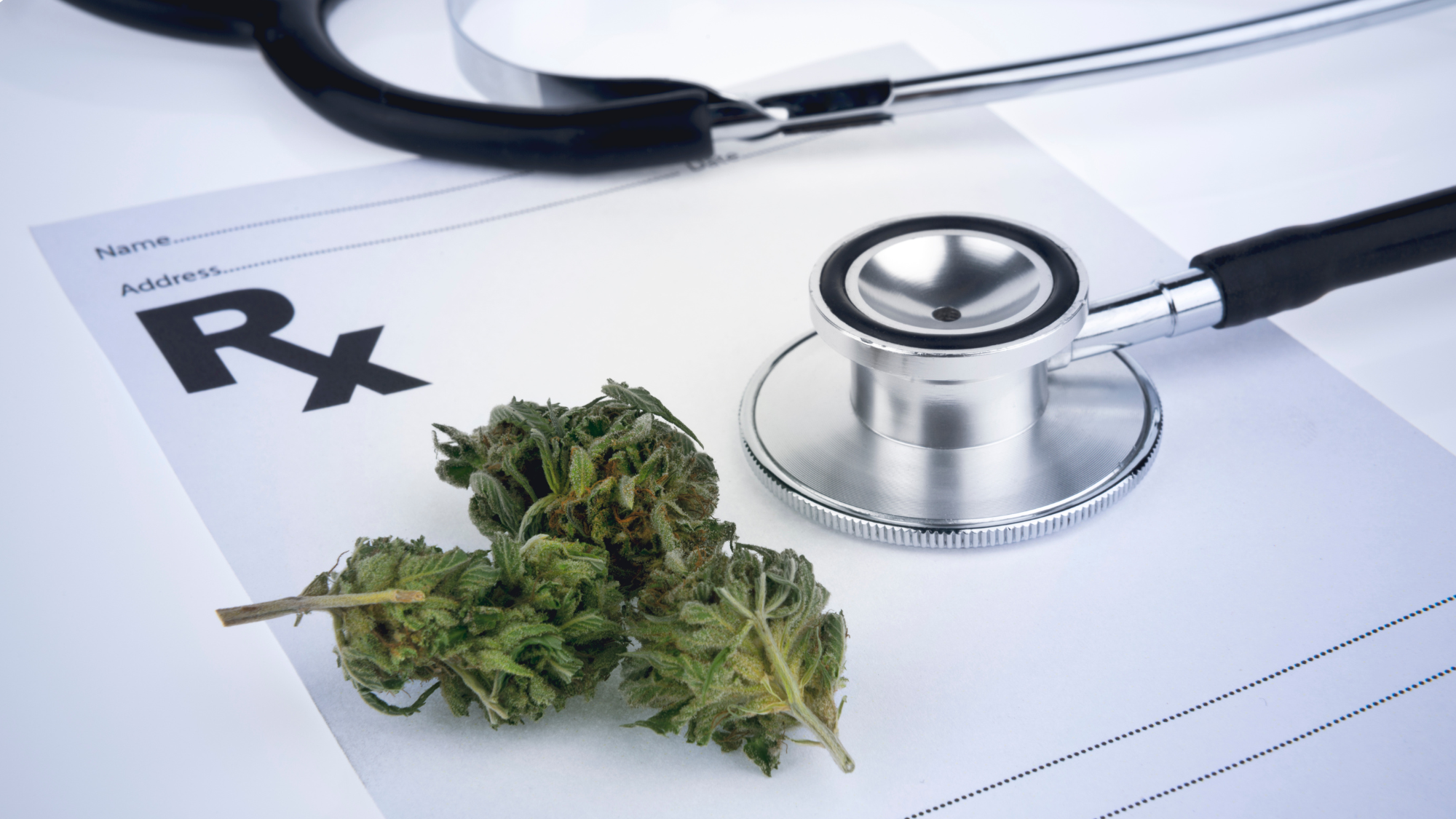
How to use cannabis and CBD for restless legs syndrome
If you decide using cannabinoids is for you, then plan on being very patient as you figure out the best dosing regimen for yourself. You will need to figure out how to use the plant as medicine to provide relief over time.
- Oral: When CBD or THC is taken orally, you can expect relief for several hours. Oral options would be oils or tinctures or edibles like gummies or chocolates. The best dosing would be 5-10 mg of CBD and 2.5-5 mg of THC. You can use these products before bed or even during the day. Avoid higher doses of CBD towards evening as it can actually be more stimulating and might keep you awake. For sleep 5 mg of THC taken 1 hour before bed is a good place to start. I can confidently recommend 2 different companies where you can purchase CBD. One is Nuvita and the other is Healer.com. (If you order from either of these companies I will receive a commission as these are affiliates).
- Vaporizing & Smoking: During the day the recommendation is 2.5 mg to 7.5 mg 3-4 times a day for a faster onset of action. Add THC before bed at 2.5 to 5 mg. You can do all of this in conjunction with the oral dosing but keep the inhaled dosing low in mg to avoid tolerance.

6. What are the best Chemovars to try?
- ACDC is high in CBD and has high myrcene levels which is a terpene noted to be effective for inflammation.
- Cookies chemovars are usually higher in CBD as well
- Purple chemovars are high in THC and myrcene levels so reserve this for bedtime use
Conclusion:
If you're suffering from restless legs syndrome (RLS), don't despair—there are treatment options available that can help lessen your symptoms. Cannabis and CBD have both been shown to be effective treatments for RLS. If you're considering trying cannabis or CBD for your RLS, be sure to talk to your doctor first to make sure it's safe for you.


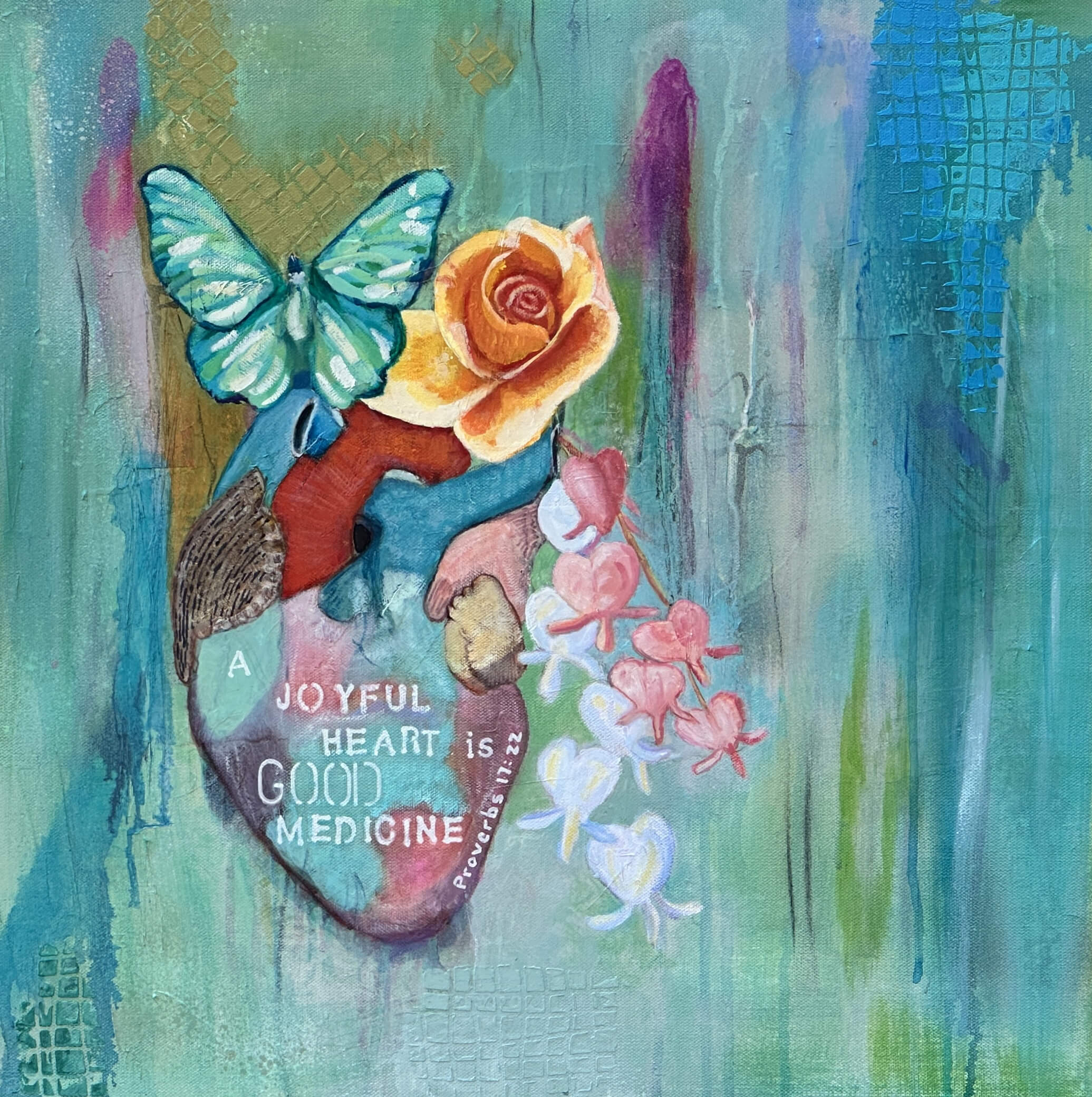




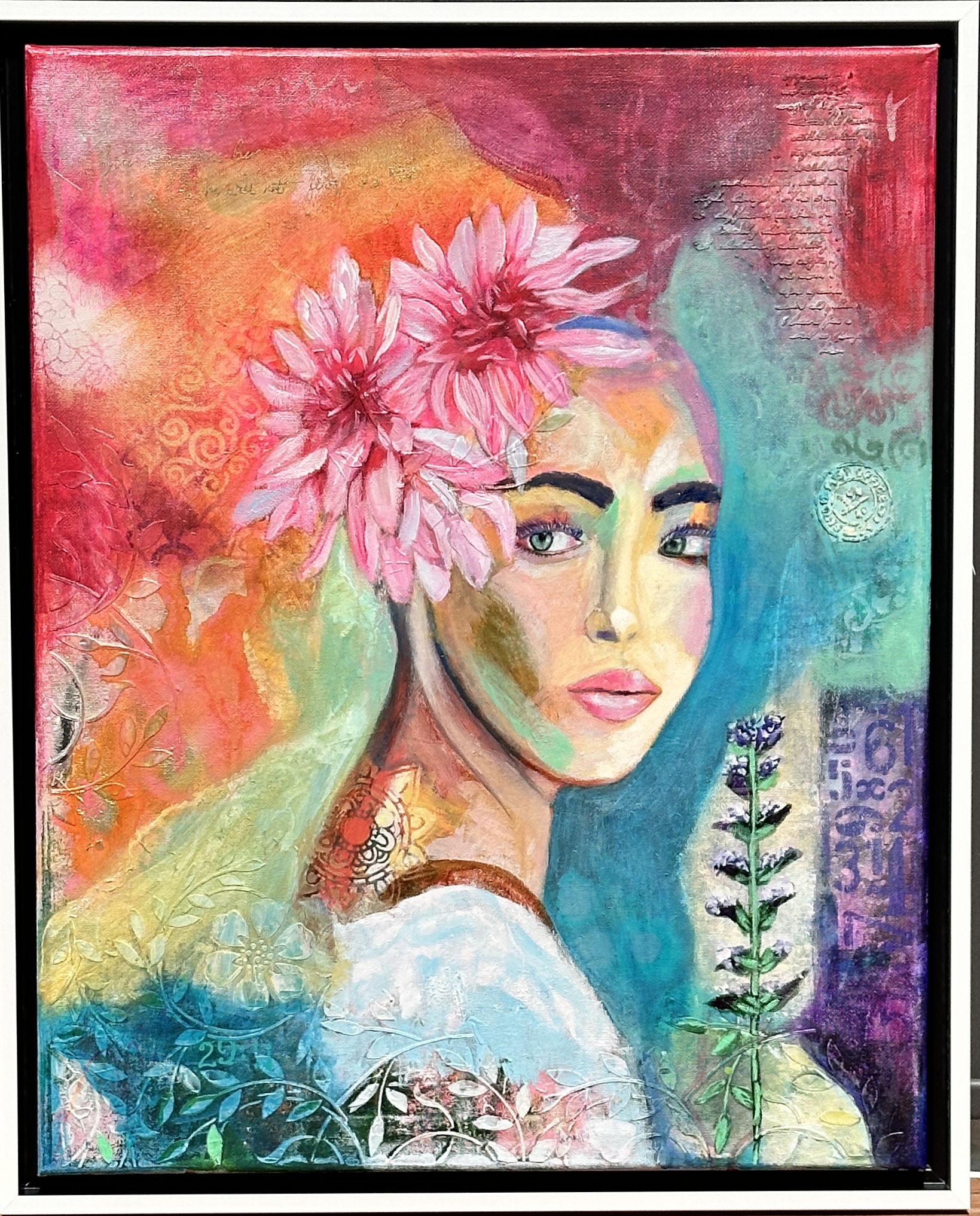
0 Comments